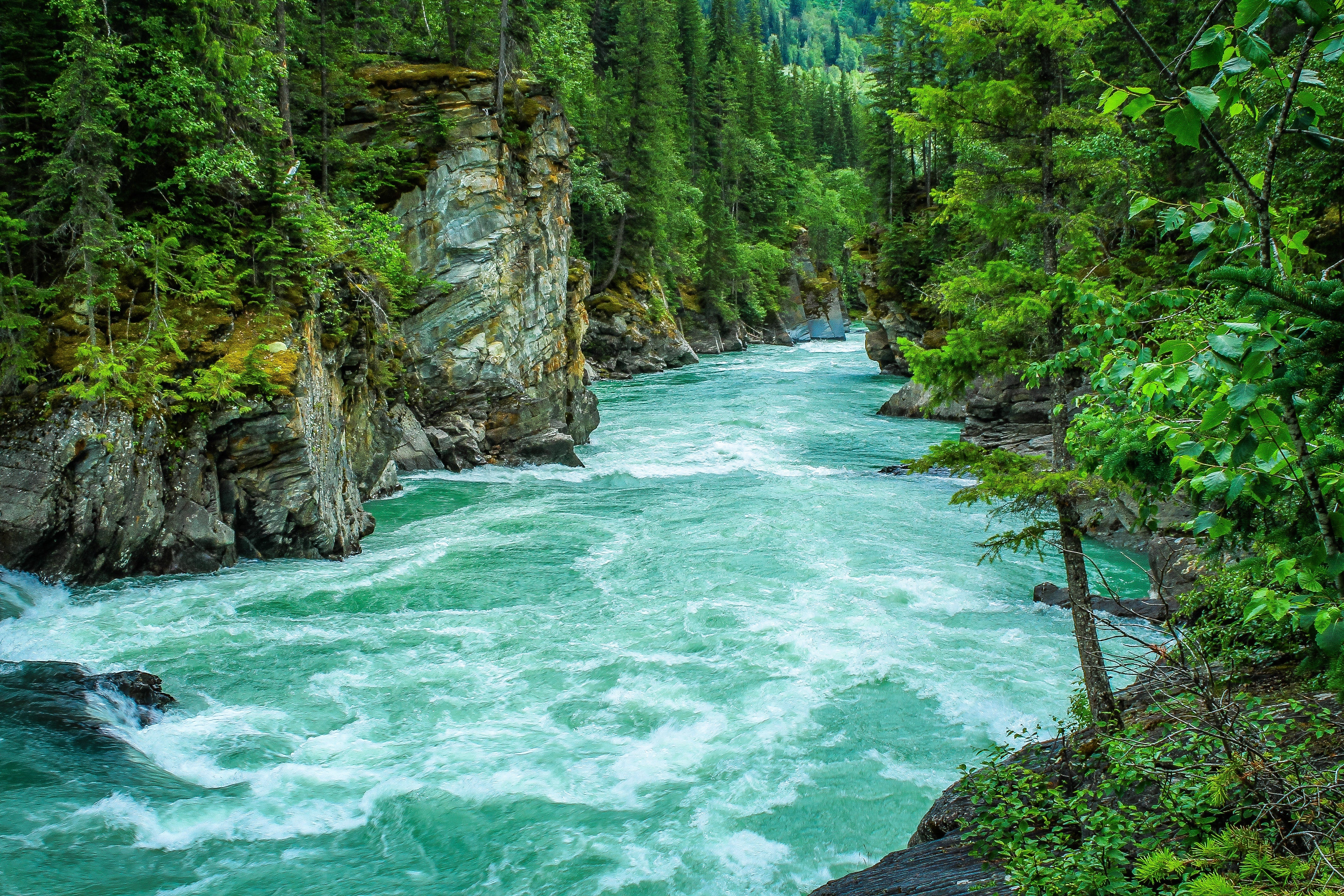Guess what folks? Today is World Environment Day! A whole day dedicated to raising awareness for our beautiful home. Let’s real talk about some of the most popular issues:
- Stop calling it ‘global warming’! Any climate activist has undoubtedly heard the infamous retort ‘Well if global warming is real, why isn’t it hot right now?’ As someone who has spent years volunteering and interning in education programs, I find the term global warming to be misleading. What should you say instead? ‘Global climate change’ more accurately describes our current situation. Why? Let me break it down. The ocean is essentially a massive carbon dioxide sink — meaning it soaks up more carbon dioxide than it puts out. Carbon dioxide dissolves in surface waters and is consumed by plankton (single-celled marine plants), or is left as a dissolved gas. It is the planktons’ job, as the base of the food chain, to convert this gas into organic carbon so it can be used by the rest of the food chain. Like any other plant, the plankton release oxygen. However, massive amounts of anthropogenic (human-produced) carbon dioxide have entered our atmosphere; along with other types of greenhouse gasses. The ocean is also a massive heat conductor (that’s why you get cold very quickly when you go swimming). These two factors combine to affect the different climates of the world. Mostly, it produces more extreme temperatures: hotter summers and colder winters. These temperature changes, over time, can begin to affect agriculture and local weather patterns.
- All of us omnivores love a good burger, but what’s the beef with the beef industry? You may have heard that cattle ranching is the cause of spikes in methane gas. While that is partly true, many people overlook the real detriments of raising livestock. First, it takes a LOT of land to rear cattle (understandably, they’re big animals and need grazing space), but with such a high demand to provide affordable food to an ever-growing population, the cows can’t rely on grazing land alone. Their diets are supplemented with feed that comes from— you guessed it— other crop farms. As the crop farms supply both humans and livestock, they too need a higher turnover rate. However, irresponsible farming can lead to the loss of huge swaths of land. Once the nutrients have been leeched out, it takes a long time for the soil to naturally become fertile again. The use of pesticides and fertilizer also play a role in degrading the quality of the soil. Again, with such high demand, farmers cannot afford to wait for their land to naturally regain its nutrients; so, they simply move somewhere new. There are many new techniques being implemented to reduce our land use; such as crop rotation and planting more nitrogen fixers (such as legumes). My family has been hunting for our meat since I was nine; and luckily, we don’t have to rely on the beef industry. However, not everyone can afford (financially or otherwise) to completely avoid buying beef. If your solution is to go vegetarian, by all means, do so! If you’re a meat-lover like me, try implementing a Meatless Monday type of regime. If you don’t eat meat every day anyway, you’re already off to a good start!
- Microplastics— they’re in the sea, they’re in plankton, they’re in your food, and now they’re being found in you. Plastic has reached every corner of the Earth; from the bellies of plankton to the bottom of the Marianas Trench. Ever heard of the ‘Pacific garbage patch’? It’s not pretty. Now, before you close out of this blog for thinking I’m going to start talking about turtles getting straws up their noses, just bear with me for a moment. Even though it’s a very popular issue right now, straws are not the only form of ‘single-use plastics’ that we should be worried about. Seems like everyone has forgotten about turtles eating plastic bags (which, by the way, are great trash bags for mini trash cans). With the anxiety of coronavirus still lingering, it’s important to keep up any green routines to start offsetting the immense waste we’re going to produce from trying to keep everything clean. If you’re taking the leap and going to a restaurant, bring your own silverware! That’s one more set of plastic cutleries that doesn’t have to end up in the ocean. The absolute worst microplastics you can use are Styrofoam (for both us and the environment) and abrasive face scrubs. The latter might make you pause, but it’s true. The tiny plastic beads in face or body scrubs are impossible to clean up and are most easily consumed by smaller organisms— who are, in turn, consumed by larger ones. As you go through your day, take a moment to consider what you’re doing. Can you reuse that thing? Do you need to use that many? Is there a better alternative?
When thinking about the planet, it’s easy to get caught up in all the negative energy that fearmongers like to circulate. So, instead, think about your community. Think about you. By bettering yourself, you can better your home. By bettering your home, you can better your community. Think globally, act locally; the latest mindset of the climate crusade. How are we going to change the world if we can’t focus first on changing ourselves?







1 comment
Awesome post !!